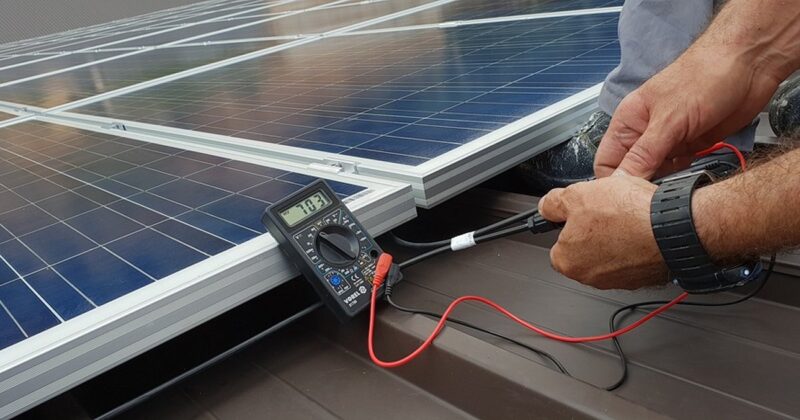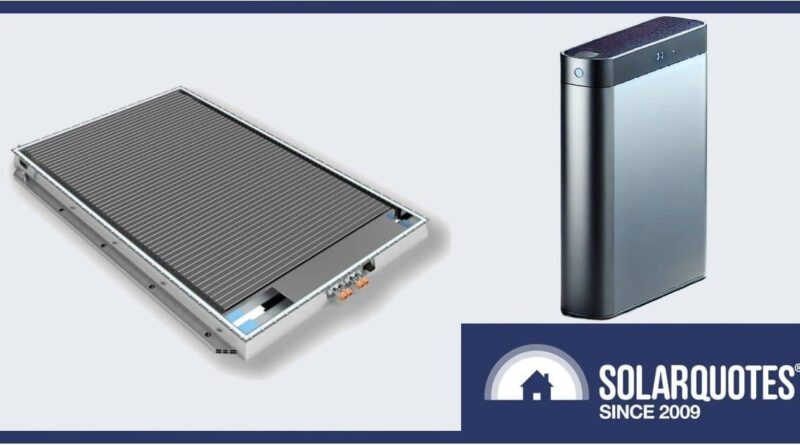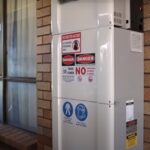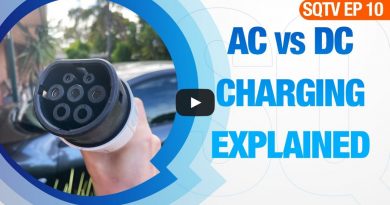EV And Home Battery Health-Checks Encouraging
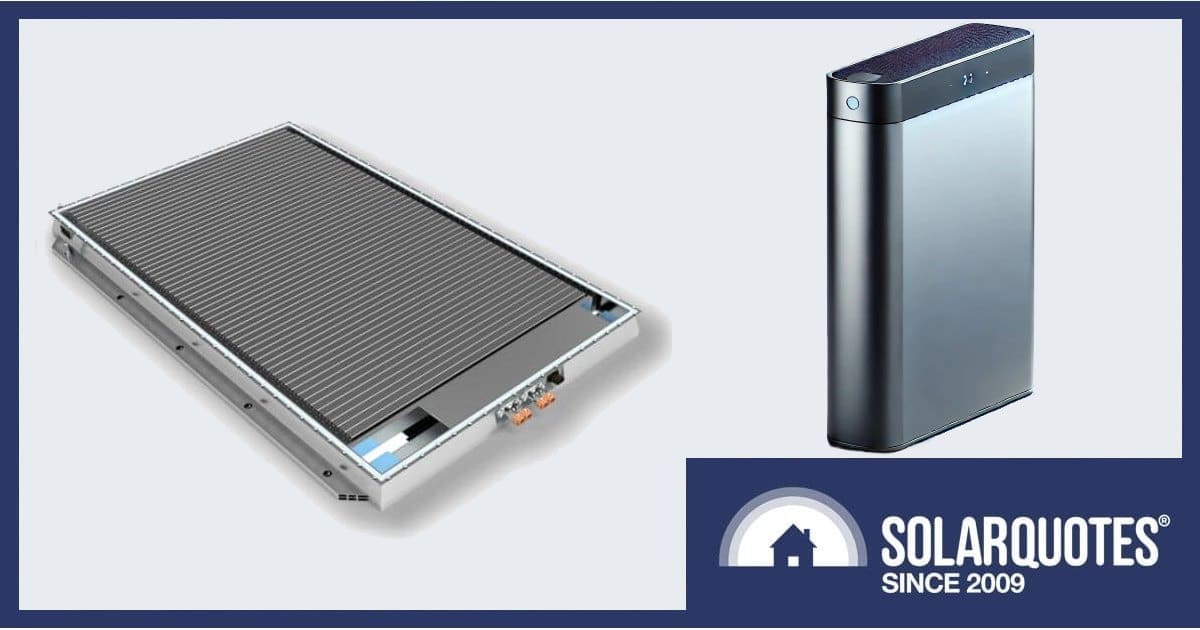
Two recently released reports suggest lithium-ion EV and home batteries should stand the test of (warranty) time.
Home Batteries: A Positive Sign
Most home batteries come with a 10-year warranty these days, with a certain amount of battery capacity warranted at the end of the period – usually around 60% to 70%. This means at the end of the 10 years, a 10kWh battery should still have 6 – 7 kWh usable capacity.
But given the lack of industry standards on state of health (SOH) evaluations, owners have to rely on the values provided by battery management systems (BMSs), which have unknown calculations and inaccuracies.
Owners and manufacturers have a lot riding on final performance figures; so what are the chances of them being achieved?
Pretty good it seems.
In Germany, researchers from ISEA/CARL at RWTH Aachen University developed a method to estimate usable capacity of a home storage system (HSS). They measured 21 privately owned batteries over up to 8 years from 2015 to 2022. These were “first-generation” systems, and energy storage technology has improved since.
Systems with one of three different chemistries were studied:
- Lithium nickel manganese cobalt oxide (NMC)
- A blend of lithium manganese oxide (LMO) and NMC
- Lithium iron phosphate (LFP/LiFePO4)
The key finding was that the measured batteries lost about 2–3 percentage points of capacity per year on average; which should mean 70% – 80% usable capacity at the end of 10 years.
“Considering that the measured HSSs were from the first product generation, this is a positive sign for the industry,” states the study.
The researchers’ data consists of 106 system years represented by 14 billion data points. If you want to take a deep dive into the study, including access to 21 gigabytes of monthly performance files, have at it.
While the German study is encouraging, accelerated broader testing by the Canberra Battery Test Centre of 26 first- and second-generation systems that finished up a couple of years ago wasn’t so positive.
EV Batteries: Good For Life Of Vehicle
Like home energy storage systems, EV batteries also degrade over time and they are usually based on NMC or LFP chemistry, with the latter becoming more common. Many electric vehicles currently come with an 8- year, 160,000- kilometre battery warranty; with 70% capacity warranted at the end of that time.
The prospect of potentially needing to replace an EV battery is one of the barriers to electric vehicle uptake, helped along by mis/disinformation about their lifespan.
Canada headquartered Geotab is a connected transportation solutions firm providing vehicle and asset tracking services to more than 47,000 customers in 150 countries. The service connects to over 3.5 million vehicles and processes more than 55 billion data points a day.
Geotab recently analysed the battery health of around 5,000 electric vehicles, representing 1.5 million days of data. The firm found average battery health has improved by 22% (1.8% annual degradation) over the past five years since it last ran an evaluation in 2019 (2.3% annual degradation). The best-performing EV models in the updated analysis demonstrated a battery degradation rate of just 1.0%
Importantly, high-use batteries did not show significantly increased degradation rates – which is very encouraging not only for fleet operators, but also given vehicle-to-grid (V2G) is just around the corner.
Geotab’s David Savage said batteries in the latest EV models will likely never need to be replaced over the usable life of the vehicle.
“However, we still see battery reliability being used as a stick to beat EVs with,” he said. “Hopefully, data like ours can finally put these myths to bed.”
Original Source: https://www.solarquotes.com.au/blog/ev-home-battery-health-mb3014/


